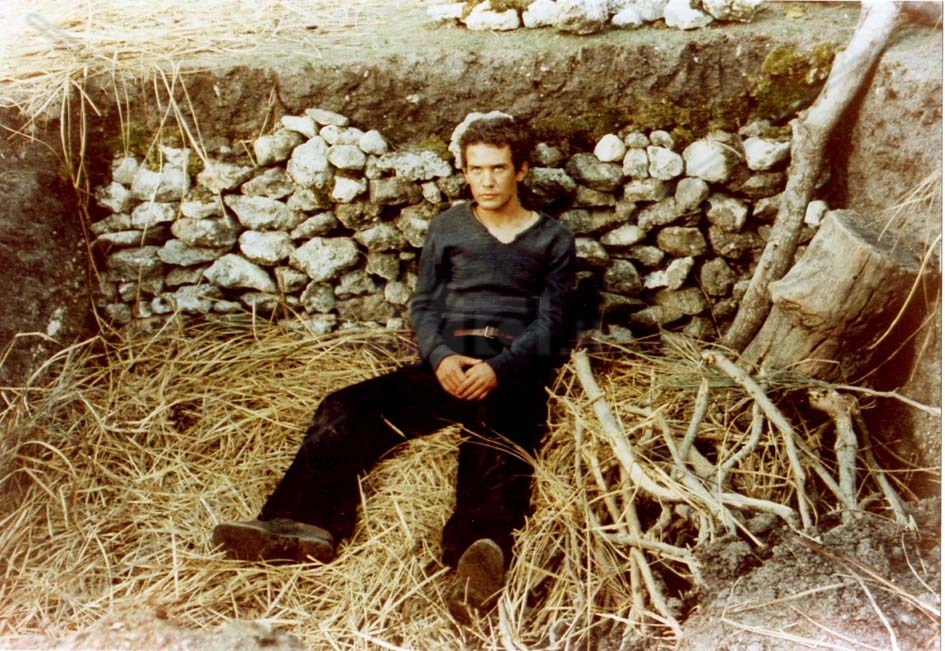Padre Padrone (My Father, My Master) by the Taviani brothers is notable not just as a Palme d’Or winner (one of Italy’s 12 winners, putting it in the company of La Dolce Vita and Roma, Citta Aperta) but also as the rare Italian film told from the Sardegnese (Sardinian) perspective.
Italy is an incredibly diverse country, though most films dealing with regional & ethnic inequalities concern peoples from the southern stretch of Italy (such as Napoli and Sicilia) and not the island to the west. Through protagonist Gavino, we get a sort of immigrant experience of someone migrating within his own country, unable to speak the official language at his military station in Pisa, where it is illegal to speak his own regional tongue. His journey to agency and self-sufficiency is kicked off by a fellow Sardegnese who takes him in to help teach him Florentine Italian, beginning his education and eventual mastery of language. This could be taken as a sort of commentary of where empowerment and agency comes from, not from institutions but from our countrymen.
What also stood out was the film’s portrayal of agrarian life and the inability to break out of one’s socio-economic status. Gavino’s father pulls him out of school at a young age, to focus his efforts not on education but on tending to the family’s sheep. The opportunity to advance oneself is stifled by another power structure, a familial one, ridding Gavino of his opportunity for an education, leaving him barely literate and capable of functioning as an adult in the military.
While it isn’t the most exciting or engaging film as a work of entertainment, Padre Padrone is certainly an insightful story and is noteworthy for shining a light on some often-forgotten elements of Italian culture and inequality.

Leave a Reply